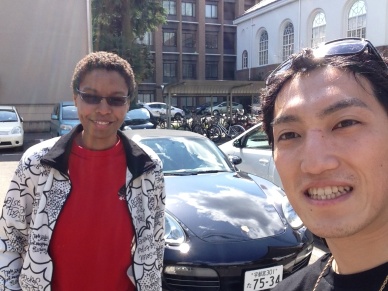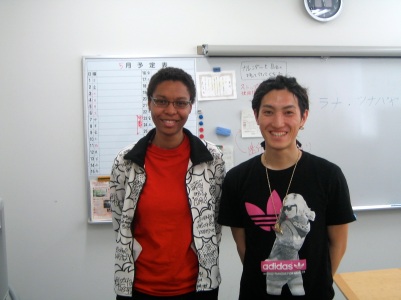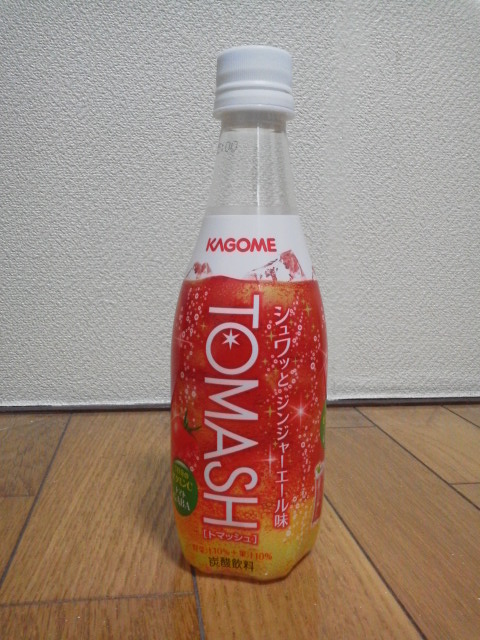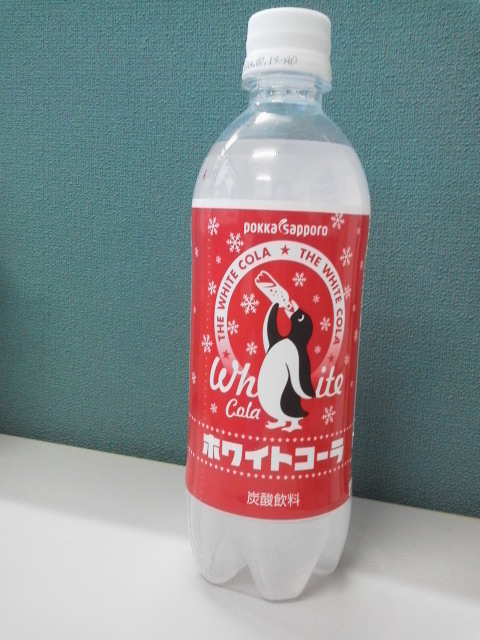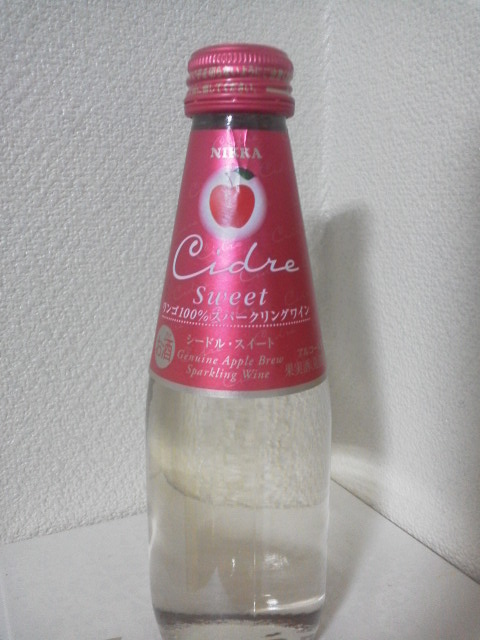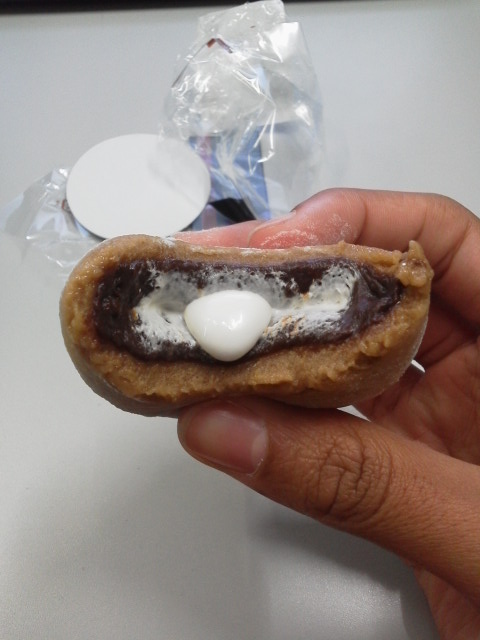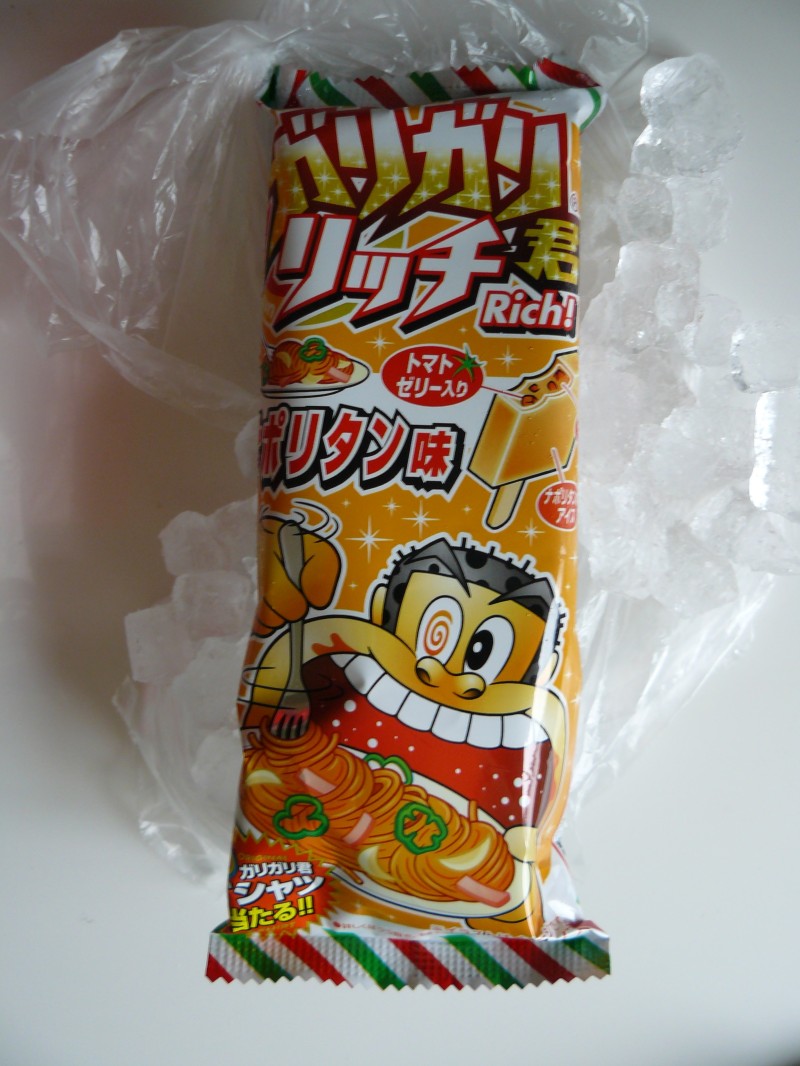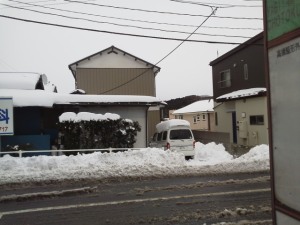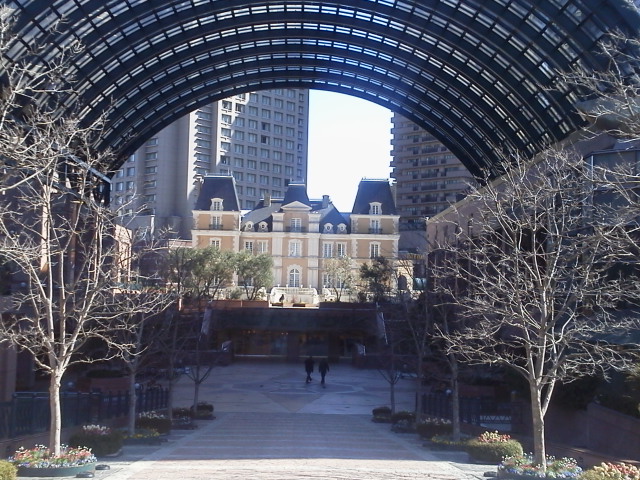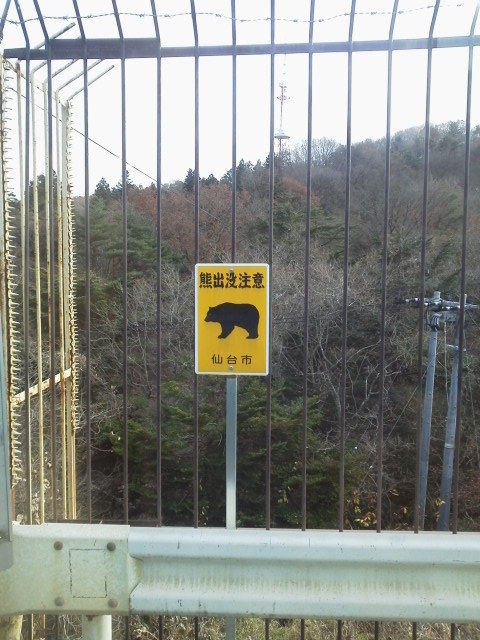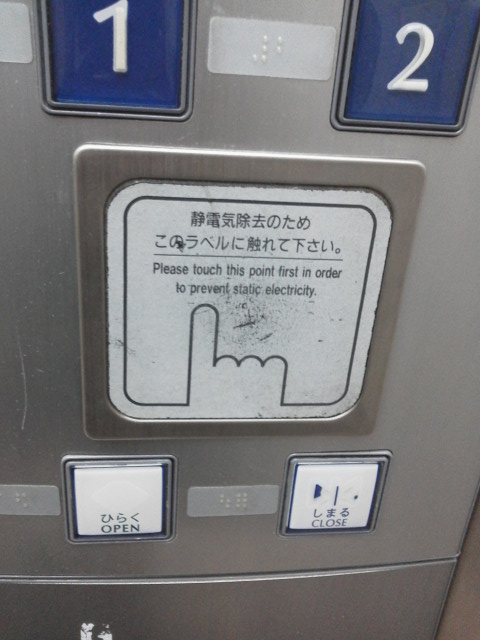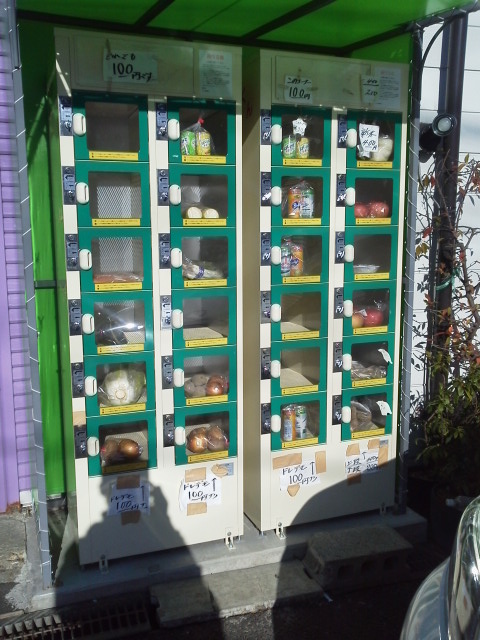Here comes the 4th episode of my series of translated old travel posts.
September 9th, 2011
The hotel’s clerk is 24 years old.
A bit like my first Japanese friend did, she started by talking to me for hours every evening, while totally aware that I could only understand a fraction of what she told me. When I finally picked up enough vocabulary and got used to her accent (and her to mine), we started having simple exchanges. At last, sitting with her behind the reception desk 2 hours at the same time every a day, I became part of the background just like the plants and the cat.
I feel somewhat like a pet. Clients make me speak a little (“Oh wow, she talks? Where did you find her? What’s her name? Come on, say something!”). I keep an eye on the lobby when nobody is here to do it, and like a good pet, I do tricks for treats. “Look, I brought you a watermelon!* Come on, say something in French for us!”
Like the majority of this city’s inhabitants, the clerk is not from here. Yes, people in Shenzhen come from everywhere in China, looking for a better life and social status. They are factory workers, salespersons, engineers; their parents are moto-taxi drivers, mom and pop restaurant owners.
Here more than elsewhere people ask about each other’s province of origin. “Do you eat noodles?” one inquires to make sure that you come from the North. If you have a Southern accent, people will rather ask: “Do you eat rice?” — Southerners eat rice-based products, and Northerners wheat-based products, as everyone knows.
“Your Mandarin is beautiful. You come from the North, don’t you?”
“You add chili peppers to everything you eat. A Southerner, eh?”
To these questions, one answers simply: “Yes, we people from Hunan like our food spicy” or “Yes, I come from Hubei, we speak Mandarin almost without an accent.”
The clerk arrived here 3 months ago. She ran away from home, fleeing an arranged marriage.
Arranged marriages are not necessarily forced marriages: her parents know where she is, they call her on the phone sometimes, but they did not tell her ex-future husband. They wanted to find her a husband because at 24, she should already have started her own family. I think she ran away because she was heartbroken.
Here is what I understood of her story, with my unreliable Chinese skills:
She used to have a boyfriend.
A rather well-off, older man, not really handsome. But he was nice and sweet to her, always there when she needed help. And so she fell in love. It was not for his money that she loved him: she is young and pretty, and because of the current gender imbalance in China she had her share of admirers. Here, girls don’t really have to torture themselves into ideal beauties. It is the law of supply and demand: there will not be enough wives for everyone and everyone knows it.
It is guys who have to look their best, spend hours at the hairdresser, wear colorful accessories, be unique and remarkable. Just like in Japan, it is in the workers social class that you will find the most extravagant fashion fads.
One day, the young clerk’s parents told her about their plan to marry her to a man she did not know. On hearing the news, she probably met with her rich lover to convince him to marry her.
It was killing two birds with one stone: reassuring her parents about her future and avoiding the arranged marriage. But her lover was not the angel he appeared to be: as it turns out, he was married, even had children. Her romantic dreams evaporated and her heart broken, no one left to save her from her unknown future husband, she fled and arrived here.
“You know, often men will propose to offer me presents, to treat me to dinner. Lots of women get seduced like that. But not me. I’m a good girl, not someone you can buy, I don’t want to benefit from strangers’ money.
You know, my lover, he said he wanted to marry me. He said he would divorce his wife, abandon his children and save me from the arranged marriage. But I’m not that kind of person. I won’t steal the husband of a pregnant woman who doesn’t even have a job, and has little kids, can you imagine! Now he wants to marry me, but later he’ll find an even younger woman, and I too will end up alone with my kids. But I love him, what should I do?
– You are right, but I don’t know what to say.
– Of course you don’t know! You are but a child.”
Seen from here, you are not much less of a child than I am.
* Watermelon does not have racist connotations for most people in the world, except in the US. I did not even know about that US watermelon-thing at the time… I did not think anything special about the watermelon, except maybe that an entire watermelon was a big present for just a few words of French.
Looking back on this story, I am even more speechless. I wonder what happened to the young, heartbroken girl.
I praise her moral strength and sympathize with her distress and confusion.
“Time heals everything”, hopefully broken hearts too.










